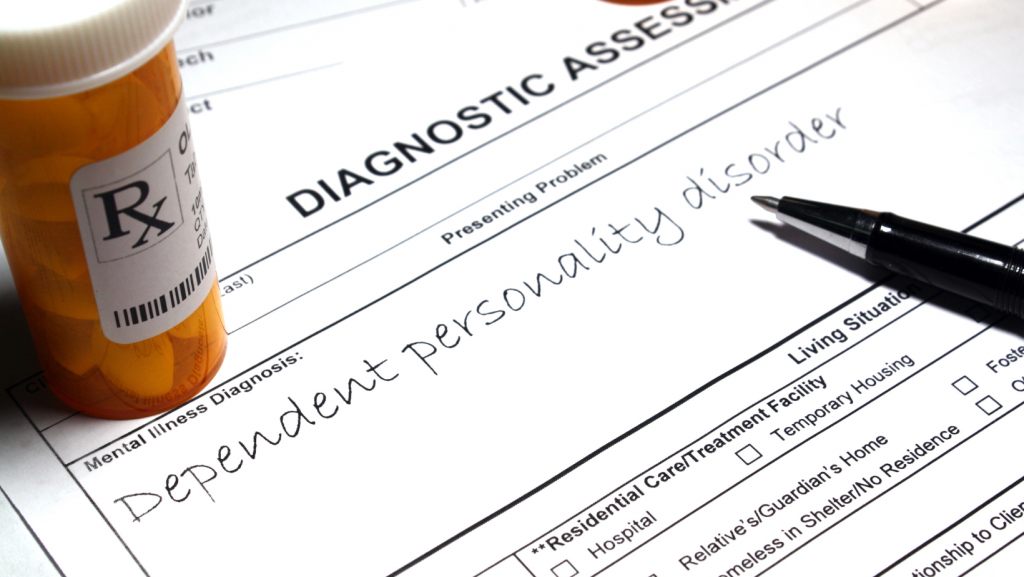
CLUSTER ‘C’ PERSONALITY DISORDERS
This article highlights the three personality disorders which have been categorised as Cluster ‘C’ personality disorders and are characterised by anxious and fearful patterns of functioning.
Avoidant Personality Disorder
Characteristic symptoms: The disorder is characterised by a general pattern in which the individual is socially inhibited while constantly having the fear of being criticized or rejected by others. This results in them avoiding occupational tasks that need interpersonal interaction, restraining themselves within intimate relationships, not willing to get involved with people unless they are certain of being liked, showing reluctance to engage in new activities that may turn out to be embarrassing due their preoccupation with being criticised or rejected in social situations. They feel that they are inadequate and are extremely sensitive to negative evaluation. They view their own selves to be inferior to others, socially inept and personally unappealing.
Development of Avoidant personality disorder: In general, people with avoidant personality disorder have been traced back to having been shy, isolated and fearful of strangers and new situations during childhood. These behaviours have been identified to increasingly occur in their adolescence and early adulthood period.
Dependant Personality Disorder
Characteristic symptoms: The dependent personality symptoms arise from the excessive need to be taken care of, which leads the person to be clingy and submissive to others while being fearful of separation. They continuously seek advice and assurance from others for decision-making, need others to take responsibility for their life, find it difficult to disagree with others due to the fear of loss of support, and find it difficult to initiate and work on things alone due to the lack of confidence in their own abilities. Their excessive and unrealistic fears of not being able to take care of themselves makes them feel uncomfortable when alone and to take extreme lengths by volunteering to do even unpleasant things to seek support.
What causes Dependent Personality disorder?
Dependant personality disorder may be caused as a result of the combination of genetics, family history, environmental factors such as being in an abusive relationship, traumatic childhood experiences with abuse and neglect, other cultural and familial practices that place great emphasis in relying on authority.
Obsessive-Compulsive Personality Disorder (OCPD)
Characteristic symptoms: The individual with OCPD is extremely preoccupied with perfection and orderliness, and strives to maintain a sense of mental and interpersonal control to the extent of not considering being flexible, open and efficient. They tend to have their own set of rules and orders to complete a task, and repeatedly ensure abiding by them to the point of disregarding the purpose of the completion of the task. Due to their devotion to work and productivity they may not involve themselves in leisure activities or friendships. Since they have their own way of doing things, they may not be ready to delegate tasks or seek the help of others unless that task is done exactly how they want it to be. They tend to be overly conscious and inflexible about matters of ethics, morality and values which makes them rigid and stubborn. Another symptom of OCPD is that the individual may not be able to discard objects despite the objects being worthless without any sentimental value to it. They tend to be tight-fisted in terms of spending money on themselves as well as others due to the view that money is meant to be saved for future catastrophes.
Development of OCPD: The symptoms of OCPD have been found to be present since an early age in the people with the disorder. Like other personality disorders, although the cause is not clear, the combination of genetics and childhood experiences tend to play a role in the development of OCPD.
References
American Psychiatric Association. (2013). Diagnostic and statistical manual of mental disorders (5th ed.). American Psychiatric Pub.
Dependent personality disorder: Definition, symptoms, treatment. (n.d.). Cleveland Clinic. https://my.clevelandclinic.org/health/diseases/9783-dependent-personality-disorder
American Psychiatric Association. (2013). Diagnostic and statistical manual of mental disorders (5th ed.). American Psychiatric Pub. Watson, K. (n.d.). Obsessive compulsive personality disorder (OCPD). Healthline. https://www.healthline.com/health/obsessive-compulsive-personality-disorder#causes


